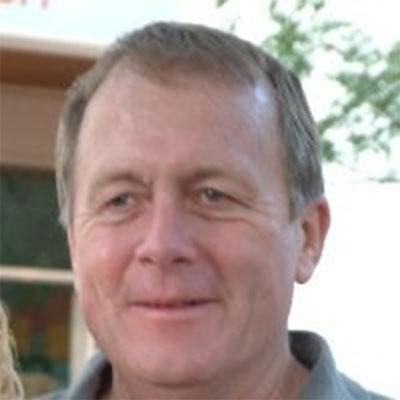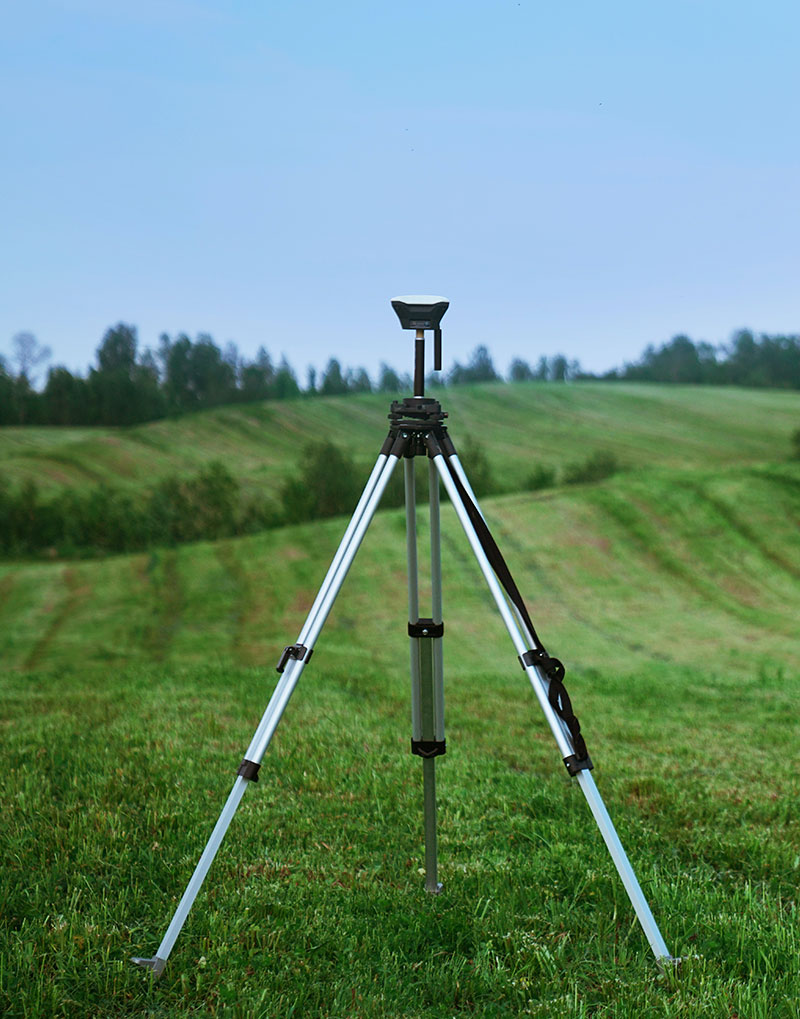Precision, measurement & mapping
The Area of Practice Committee for surveying plays a vital role in advancing the surveying profession. This committee brings together professionals who specialise in a particular surveying speciality, such as cadastral/land surveying, geodetic surveying, mine surveying or engineering surveying.
By sharing knowledge, experience, and best practices, the Committee helps our members stay up to date with the latest trends and developments in their respective disciplines. The Geospatial Council of Australia is the forum for surveying professionals to network, collaborate, and advance their careers.
To get involved in the Surveying Area of Practice Committee, contact info@geospatialcouncil.org.au

Surveying Chair
Mike Stapleton
Certification
The expertise of engineering surveyors is acknowledged under the internationally recognised Engineering Surveying Professional (Australasia Pacific) Certification (ESP-AP) which informs the general public and other professionals that your skills and expertise are recognised at the highest level.
Find out about ESP-AP Certification
Find a certified Engineering Surveying Professional
What does a surveyor do?
Land surveying is the measurement and mapping of the surrounding environment using specialised technology and equipment. Surveyors measure just about anything on the land, in the sky or on the ocean bed.
A modern society depends on surveying to ensure order in the physical world around us. Without surveyors, we would not know where to position roads, build homes or develop cities.
Surveying also frames the work of architecture and engineering. It is integral to sustainable land development. Surveyors use satellite imagery, GPS, laser scanners, total stations and mapping software to measure things and represent them in two and three dimensional plans. They work on a diverse variety of projects from land subdivision and mining exploration, to tunnel building and major infrastructure construction.
Land surveyors work individually and in teams, plus liaise with an extended network of professionals such as engineers, urban planners and architects.

A Licensed or Registered Land Surveyor is the only person who is legally authorised to determine land or cadastral boundaries. They perform the following tasks:
- Apply the laws & procedures relating to land ownership, boundaries and titles when undertaking surveying work;
- Accurately determine the positions of boundaries where land is subdivided, bought or sold
- Plan, develop & redevelop urban planning, land and buildings
- Manage and execute projects from, design through to approval and construction for development in urban, rural and regional areas
- Utilise cutting-edge technology such as GPS and laser technology in performing the above tasks
Engineering & Mining surveying
These surveyors are usually the first to be called upon for any development, large or small to provide the technical data required by other professionals to undertake their roles of planning and design. This usually involves these surveyors taking measurements of the natural environment using various forms of equipment including using satellite measuring equipment, laser scanners, as well as specialised surveying equipment such as Total Stations and Levels. Using this equipment and the measurements taken they will provide accurate models and data of the existing form in various formats.

Once construction is completed, Engineering and Mining Surveyors are asked to come back and take measurements of the completed development to make sure the development has been built as per the design within specification as well as record as-built information for the protection of many of the services we rely on in modern life. In some regions Mining Surveyors are registered or authorised as their work is relied upon for the safety of present and future workers within the mine workings as well as the ongoing monitoring of the mine site during and after mining.
